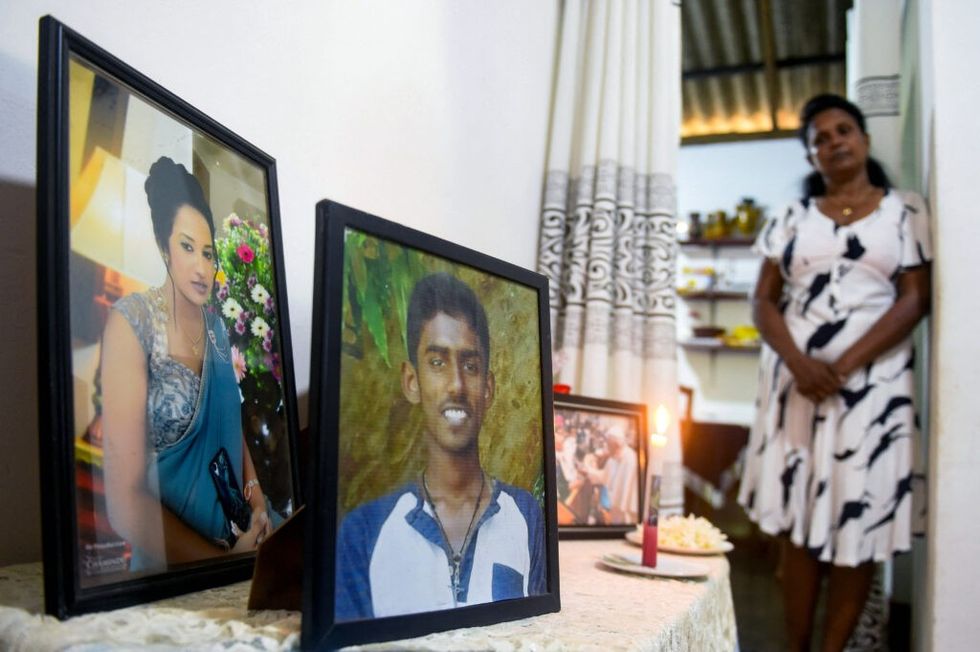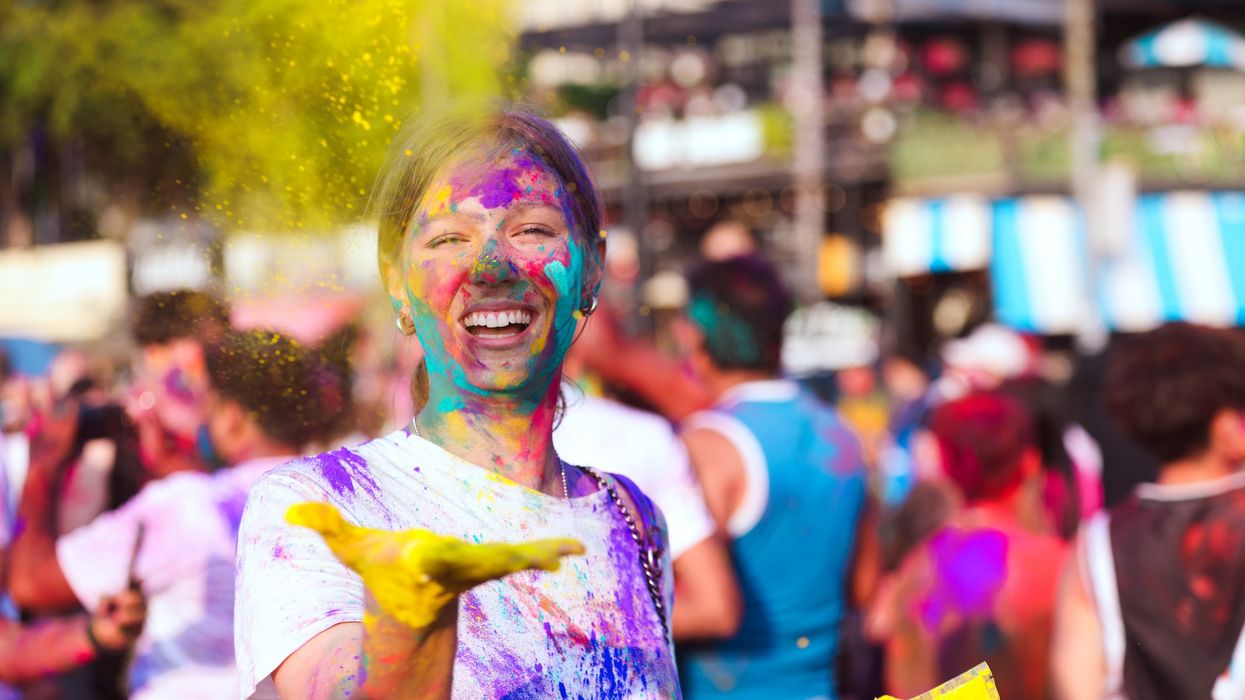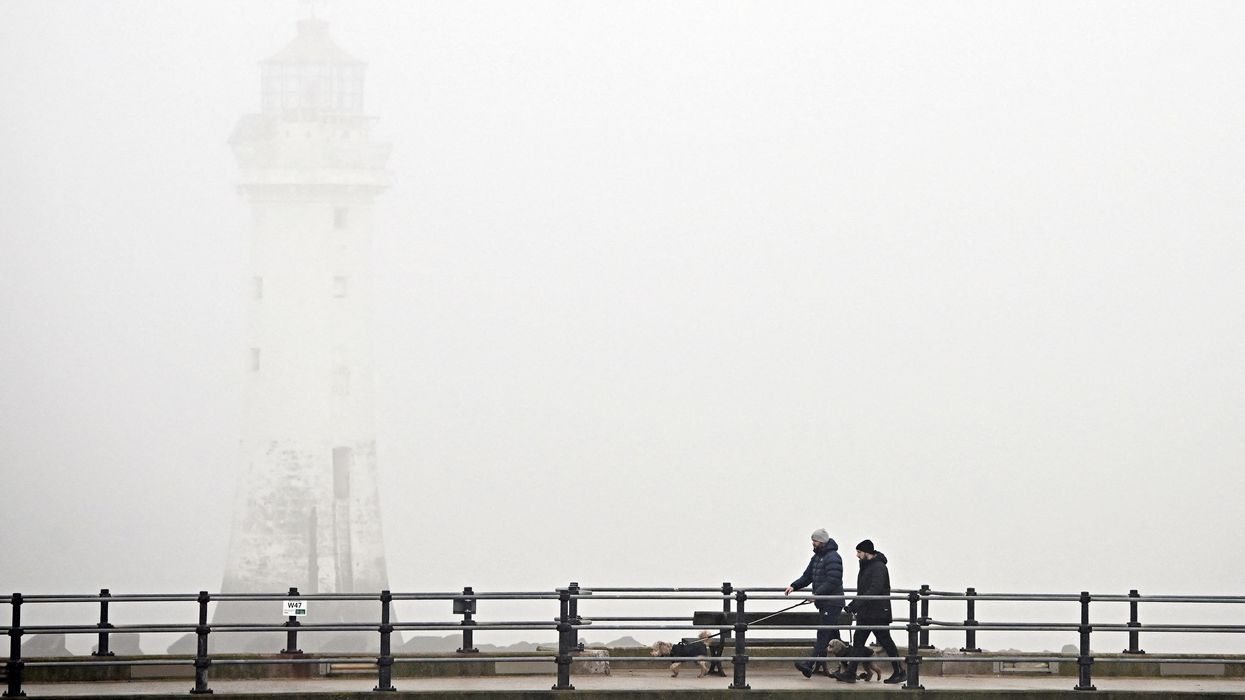THE United Nations last Sunday (21) urged Sri Lanka to bridge its “accountability deficit” and ensure justice as the country commemorated the 279 victims of its worst-ever attack against civilians five years ago.
The UN’s top envoy to the country, Marc-Andre Franche, told a remembrance service in Colombo that there should be a “thorough and transparent investigation” to uncover those behind the Easter carnage in 2019.
Islamist bombers hit three churches and three hotels in the island’s deadliest suicide attack aimed at civilians, but grieving families say they are still waiting for justice.
Among the dead were 45 foreigners, including tourists visiting the island a decade after the end of a brutal ethnic conflict that had claimed more than 100,000 lives since 1972.
“Sri Lanka suffers from a continuing accountability deficit, be it for alleged war crimes, more recent human rights violations, corruption or abuse of power, which must be addressed if the country is to move forward,” Franche said. He noted that victims were still seeking justice despite the country’s Supreme Court holding then president Maithripala Sirisena and his top officials responsible for failing to prevent the attack. “Delivering justice for victims of these attacks should be part of addressing the systemic challenge,” Franche said.
He said the UN Human Rights office also called on Colombo to publish the complete findings of previous inquiries into the Easter Sunday bombings and to establish an independent investigation.
Government employee Saman Sirimanna, 59, and his wife Sriyani, 57, lost their two children when a suicide bomber stormed into St Anthony’s church in Colombo that Easter Sunday.
Sirimanna said his 19-year-old son and 22-year-old daughter had gone to “seek blessings” for good exam results. “My loss is irreplaceable”, Sirimanna said, with tears in his eyes. “My children will never return.
”Sirimanna is bitter over delays in court proceedings and a dragging investigation into the bombings.
“I am the first person who filed legal action,” Sirimanna said. “I went to court because the authorities did not carry out their responsibilities.”
Evidence tendered during a civil case brought by Sirimanna and other relatives of the dead showed that Indian intelligence officials warned Colombo of the attack more than two weeks earlier.
The Supreme Court ruled last year that top officials, including then-president Maithripala Sirisena, had been negligent in failing to prevent the bombings. Sirisena was in Singapore on the day of the attacks.
Saman Sirimanna stands by photographs of her lost children Medha Sathsarani and Imash Thivanka.It ordered the defendants to pay 310 million rupees ($1 million) in compensation to victims and relatives.
But the ruling has yet to be fully implemented as Sirisena has appealed the order.
“The court gave them six months to pay - they didn’t,” Sirimanna said, noting the next hearing in the case is scheduled for July.
“We hope at least then there will be some justice,” he added.
The leader of Sri Lanka’s Catholic church, Cardinal Malcolm Ranjith, accused President Ranil Wickremesinghe’s government of suppressing new evidence and protecting those behind the jihadists.
“It is clear that Islamist extremists carried out the attack, but there were other forces behind them,” Ranjith said.
“We have to conclude that the current government too is trying to protect them.”
Successive governments have failed to probe media claims that Suresh Sallay, a top military intelligence official linked to former president Gotabaya Rajapaksa, had connections with the bombers.
Rajapaksa, a retired army officer, won a landslide presidential election seven months after the attacks, campaigning on a pledge to keep Sri Lanka safe. He appointed Sallay as head of Sri Lanka’s main intelligence agency.
Rajapaksa was ousted around two years ago when protesters stormed his compound during an unprecedented economic crisis.
His successor, president Ranil Wickremesinghe, announced a probe into Sallay’s relationship with the attackers last September.
But there has been no public announcement of its progress – and the intelligence chief remains in his role.
Thousands of Sri Lanka’s Catholic minority staged a silent protest outside Colombo last weekend after multi-faith services to bless the victims, who included more than 80 children.
Relatives carried photos of the dead and protested in the town of Negombo - known as Sri Lanka’s ‘Little Rome’ because of its heavy concentration of Catholics. (AFP)





















